Grower resources
Grower Resources
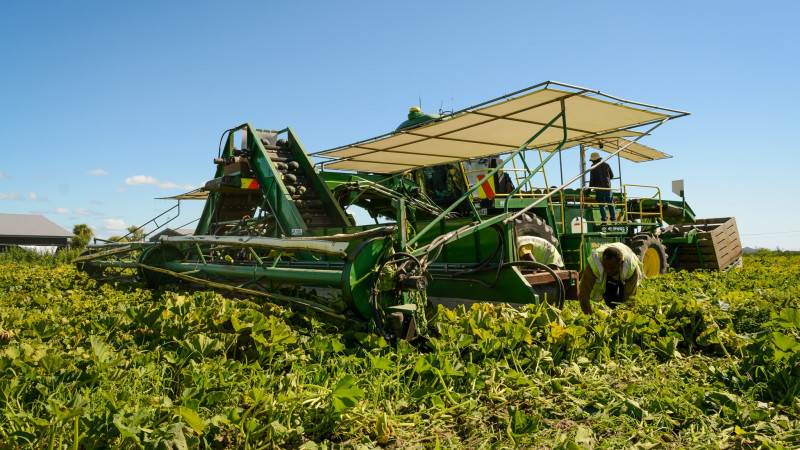
FAQ Labour Series No. 2
This FAQ explains changes to the RSE scheme and answers questions around vehicle use, and health and safety.
PDF, 4.3 MB.

Temporary restrictions on chlorthal-dimethyl/DCPA weedkiller
On 13 September 2024, the Environmental Protection Agency (EPA) announced temporary restrictions on the use of weedkillers containing chlorthal-dimethyl.
DOCX, 21 KB.
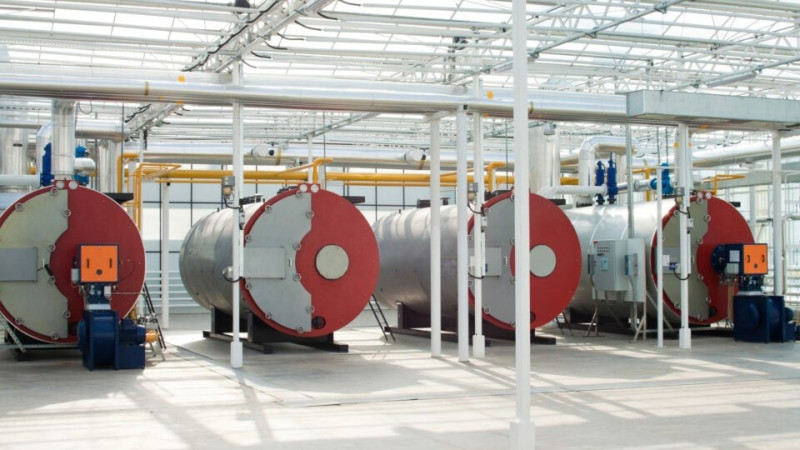
DIY Emissions Reduction Plan Templates
Templates for emission reduction plans are available on the EECA website, under the tab DIY Emissions Plan. These are designed to assist with the creation of an emissions reduction plan. Growers with more than 500 Tonnes of CO2 emissions need to have started a plan by 26 January 2025. For more information, contact ellery.peters@freshvegetables.co.nz.
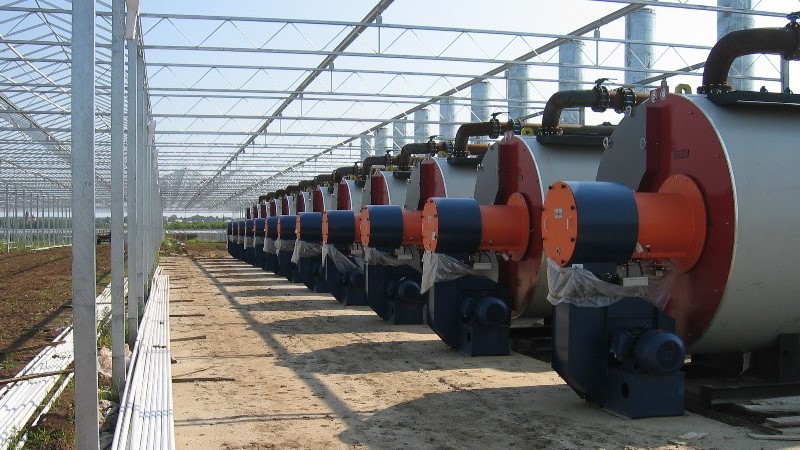
New industrial process heat consent requirements affecting covered crop growers
Changes to the national direction for greenhouse gas emissions from industrial process heat have been introduced. These changes will affect covered crop growers with heating systems that emit more than 500T of CO2 per year.
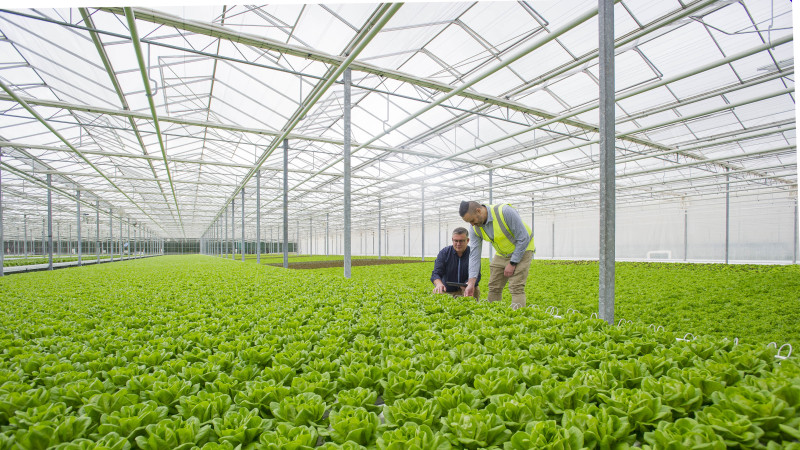
Reducing Energy Emissions: Covered Cropping Decision Tree
A decision matrix designed to help growers choose the best energy reduction methods for them. Use the matrix to assist in making an informed decision about the feasibility of thermal screens, twin-skin plastic walls and dehumidifiers.
PDF, 3.2 MB.
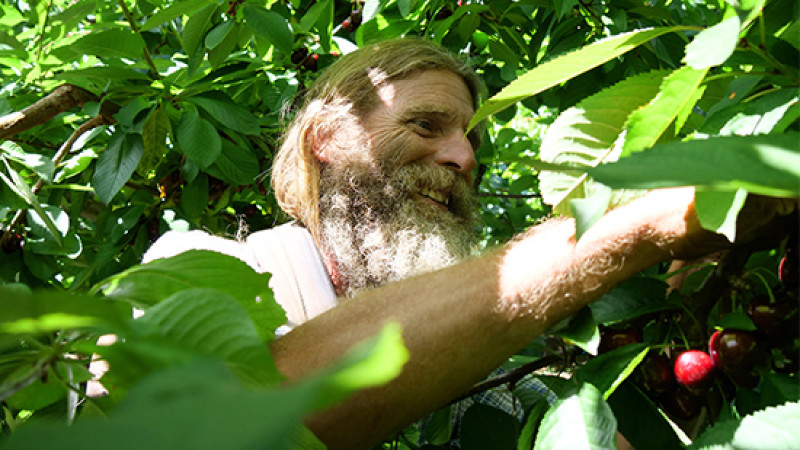
Labour FAQ No 3
In this issue we cover topics such as RSE training, changes to the AEWV English Language Requirements, a new staff retention toolkit, apprenticeships and engaging with MSD.
PDF, 1.3 MB.
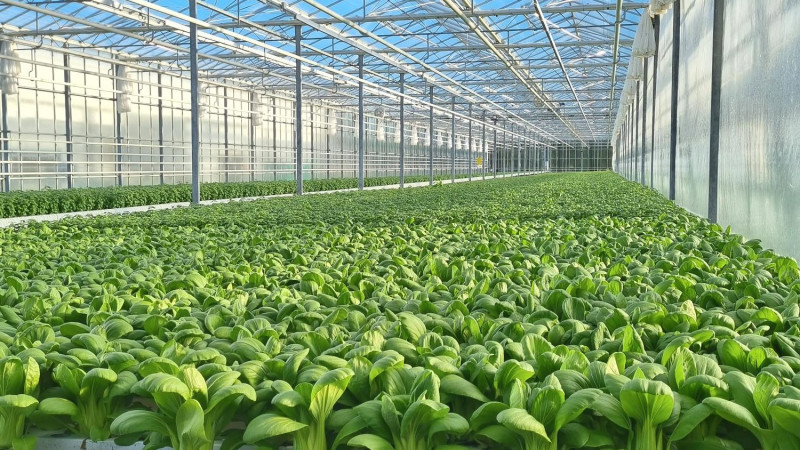
Greenhouse Energy Challenges
Why the industry is important, what is holding it back, and what the solutions are...
PDF, 107 KB.
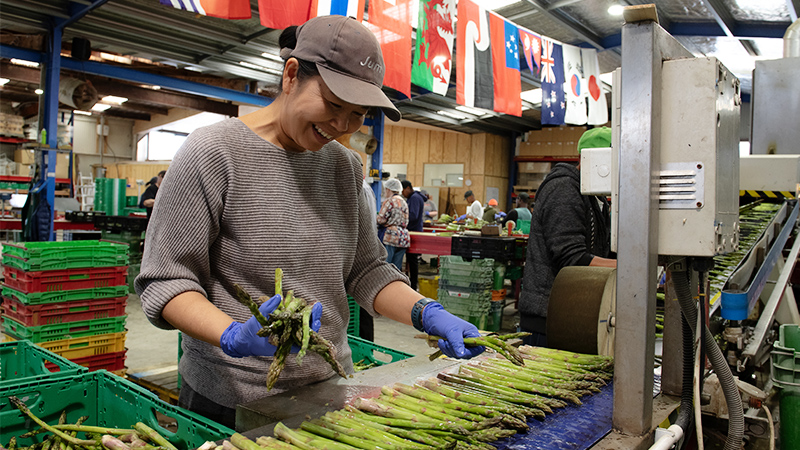
FAQ Labour Series No. 1
Geoff Lewis of Lewis Farms, one of the founders of the Recognised Seasonal Employer (RSE) scheme, is well-placed to provide a perspective on the scheme as well as to explain it. What follows is Geoff’s response to some FAQs (frequency asked questions).
PDF, 1.4 MB.

Waste oil as a fuel source and a forecast on supply
This study provides information on used oil as a fuel source. Waste oil has become a popular fuel source for covered crop growers. Because of this, it is important to understand how the supply of waste oil will change over the next 30 years.
PDF, 365 KB.
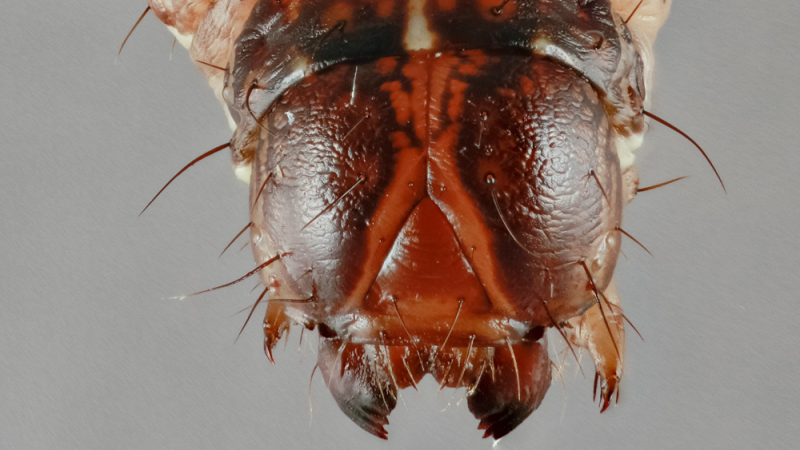
Fall Armyworm (FAW)
Read the latest (17 April 2025) FAW update.
DOCX, 340 KB.
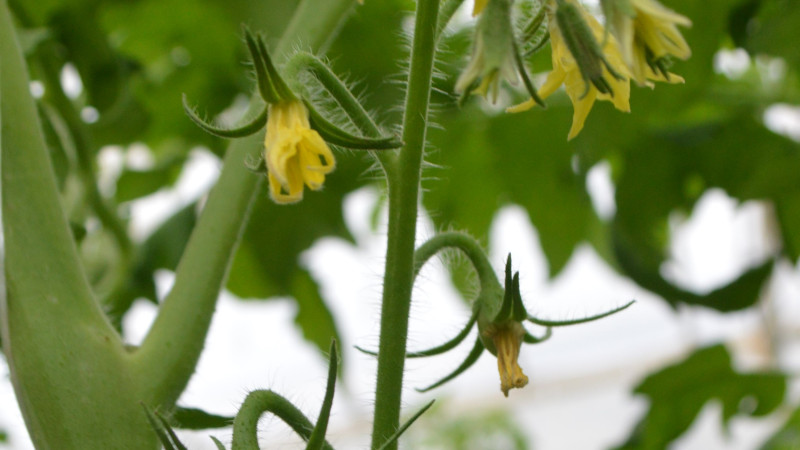
Energy Transition and Decarbonisation in Greenhouses, by Elly Nederhoff
A summary by Elly Nederhoff of her presentation on energy reduction in greenhouses given at the 2023 Horticulture Conference held in Christchurch in August 2023.
PDF, 1.3 MB.
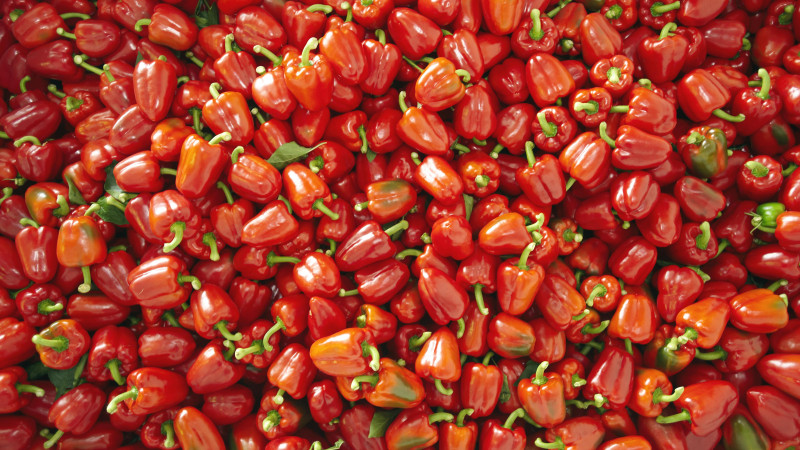
Covered Crop Energy Transition Plan Comparison Report
A comparison of six different Energy Transition Plans which provides a technical and financial summary of the different technologies available to growers for reducing their energy demand and for fuel switching
PDF, 491 KB.
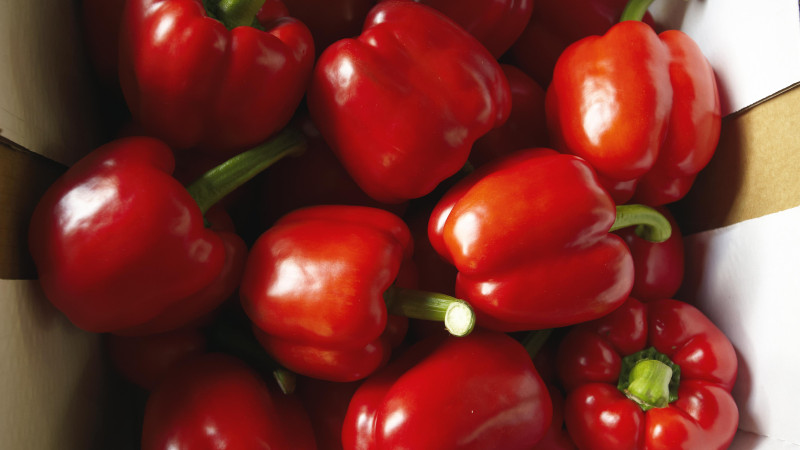
PSTVd CoP March 2023
Code of Practice for the Management of Potato Spindle Tuber Viroid (PSTVd) in Greenhouse Crops.
PDF, 267 KB.
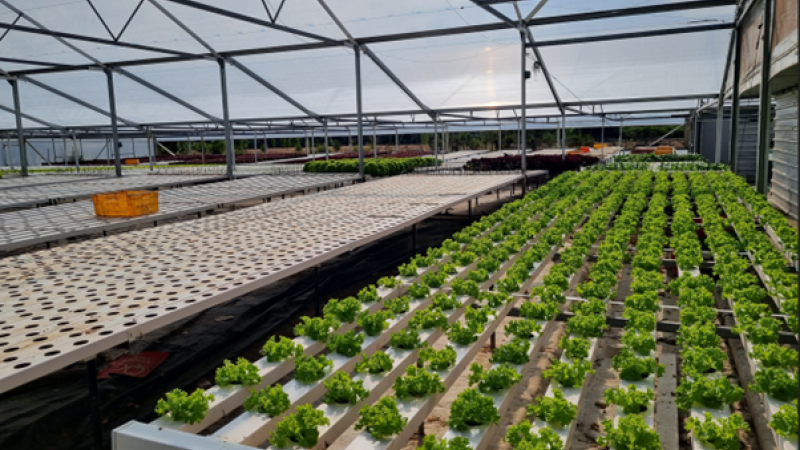
Energy reduction tools and resources
EECA has created a webpage in collaboration with industry experts with tools and resources available for growers to reduce their energy demand, driving down energy related costs.

Energy reduction videos and case studies
Videos from the covered crops energy reduction workshop, and videos of real life case studies in Christchurch of these technologies working in covered cropping applications.
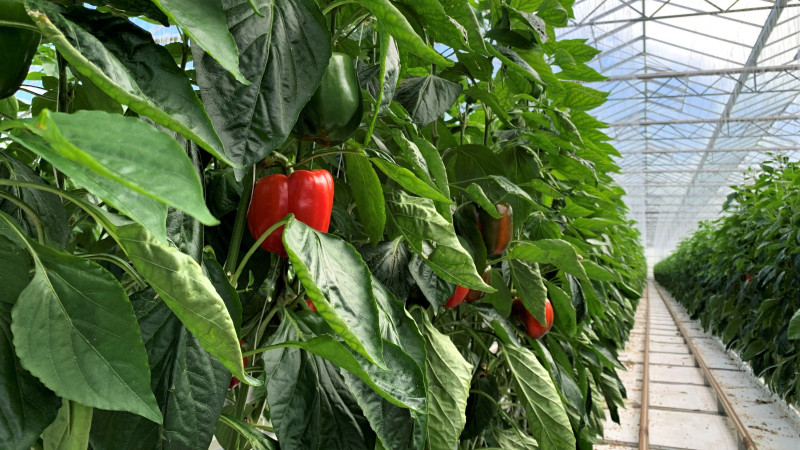
Greenhouse energy efficiency 2022
Reducing energy use for greenhouse climate control toward decarbonisation of covered crops in New Zealand
Growers of covered crops in the Netherlands have been addressing the energy challenge for over a decade, and developed innovative glasshouse control technology and practices.
PDF, 49 MB.
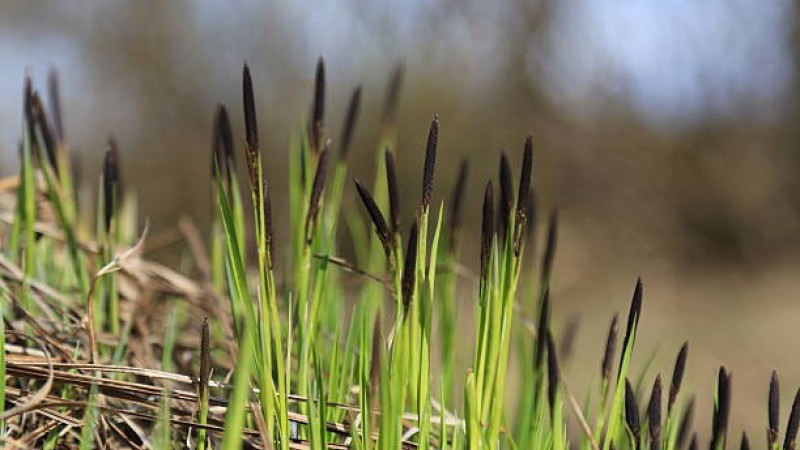
Black-grass management guide for New Zealand growers
Acknowledgement:
Author and content: Foundation for Arable Research - Blackgrass management guide for NZ growers.
PDF, 675 KB.
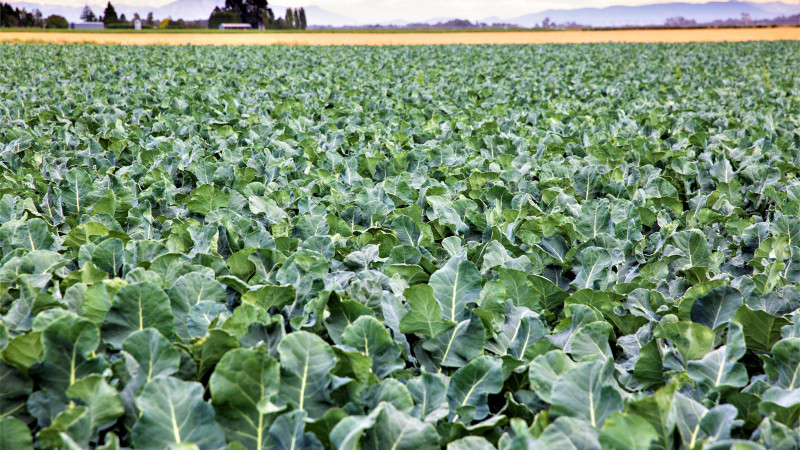
General principles for good management practices for growers using biopesticides (Dec 2021)
Biopesticides guidelines.
Acknowledgement: Author and Content: A Lighter Touch – Biopesticides good management practice 2021
PDF, 772 KB.
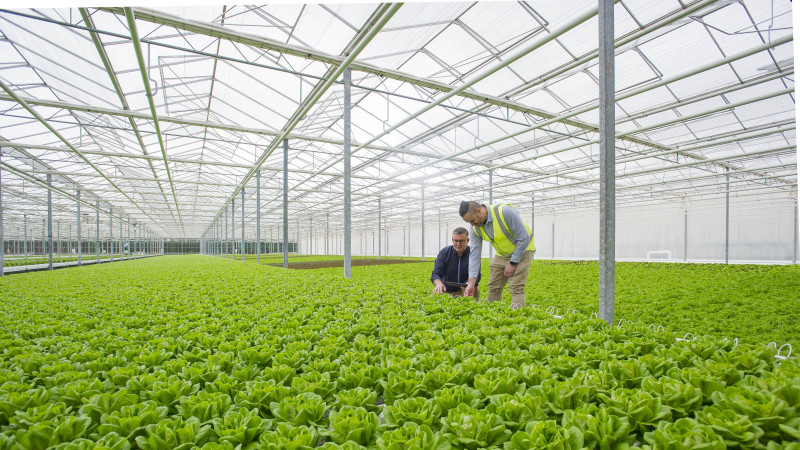
Energy efficiency for growers – technology scan
This ‘innovative technology for transition to a low-carbon greenhouse industry’ technology scan gives a comprehensive overview from the Dutch tomato industry.
PDF, 5.1 MB.
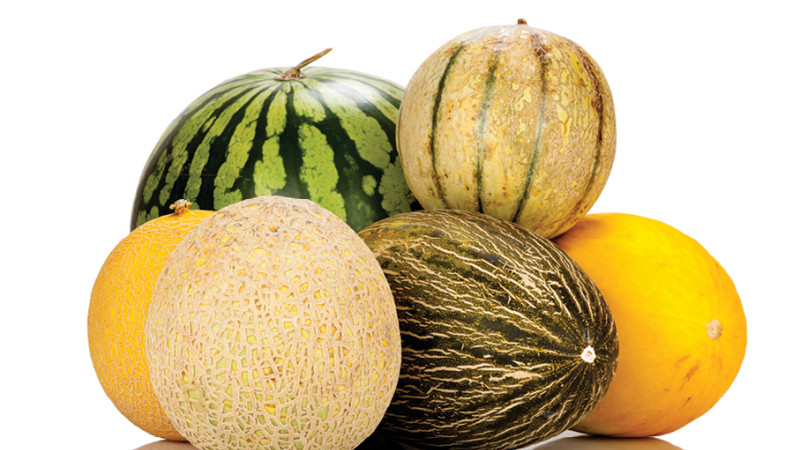
Melon Food Safety Production and Packing Advisory - Code of Practice
PDF, 665 KB.

On farm biosecurity manual - outdoor crops
PDF, 4.4 MB.
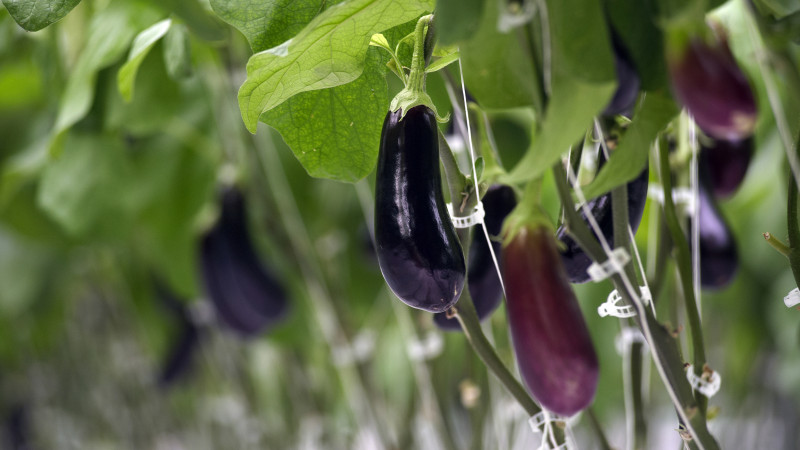
On farm biosecurity manual - covered crops
PDF, 3.6 MB.
Pest Fact Sheets
These fact sheets are to help vegetable growers and staff involved in crop monitoring recognise and monitor exotic pests of concern to our industry.
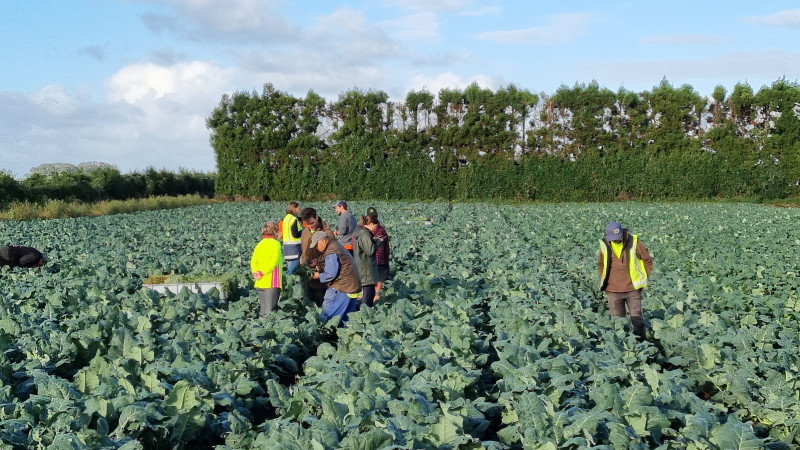
Pest aphids in New Zealand brassica crops
PDF, 608 KB.
Bacterial diseases of lettuce
PDF, 250 KB.
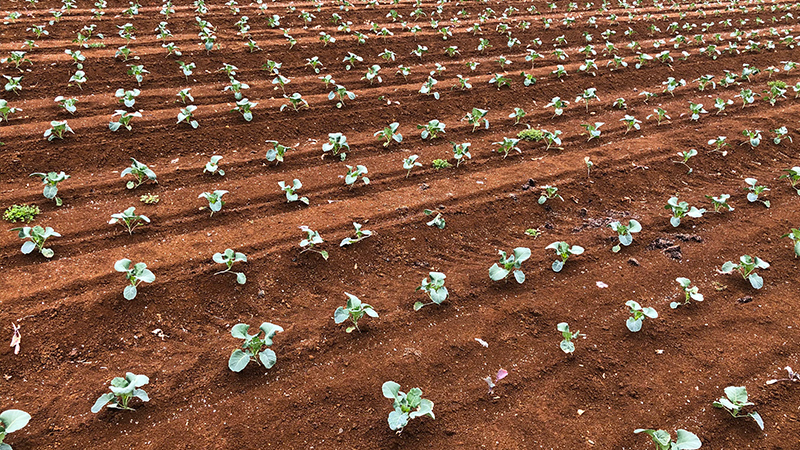
Beneficial insects in New Zealand brassica crops
PDF, 379 KB.
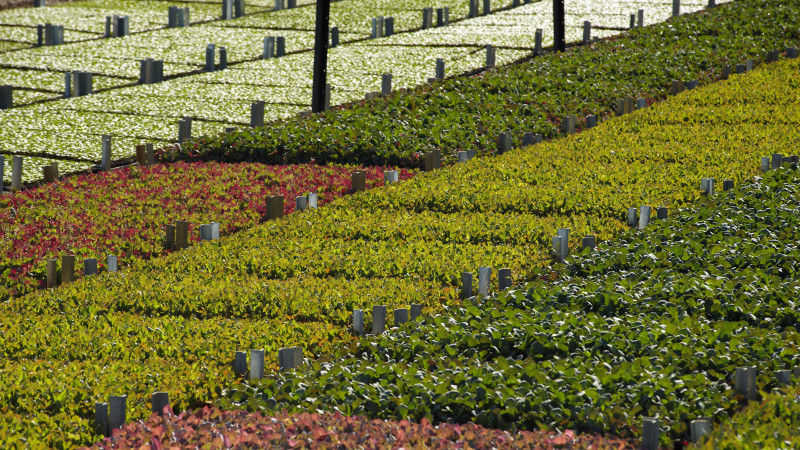
Beneficial insects in New Zealand lettuce crops
PDF, 333 KB.
Lettuce downy mildew
PDF, 566 KB.
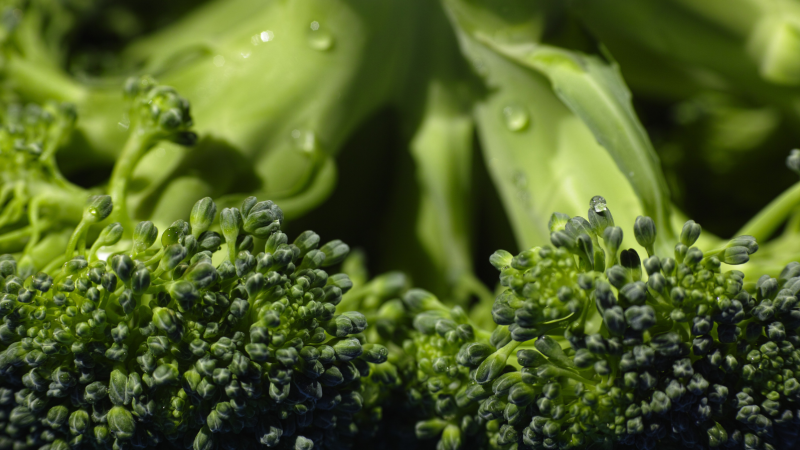
Pest caterpillars in New Zealand brassica crops
PDF, 682 KB.
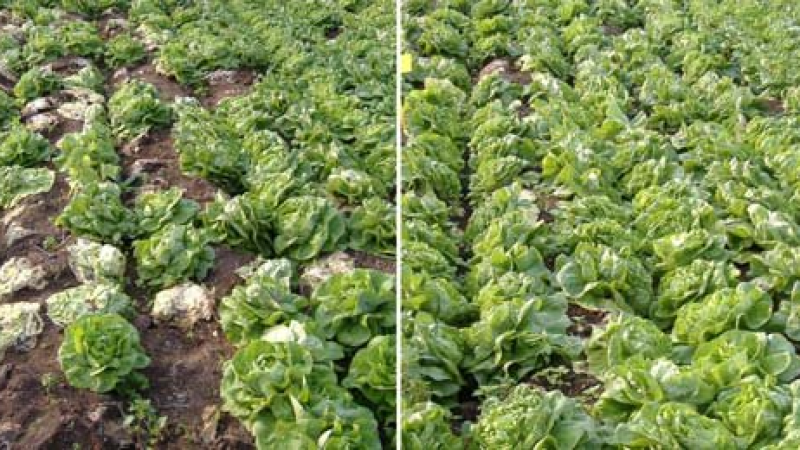
Sclerotinia drop
PDF, 907 KB.
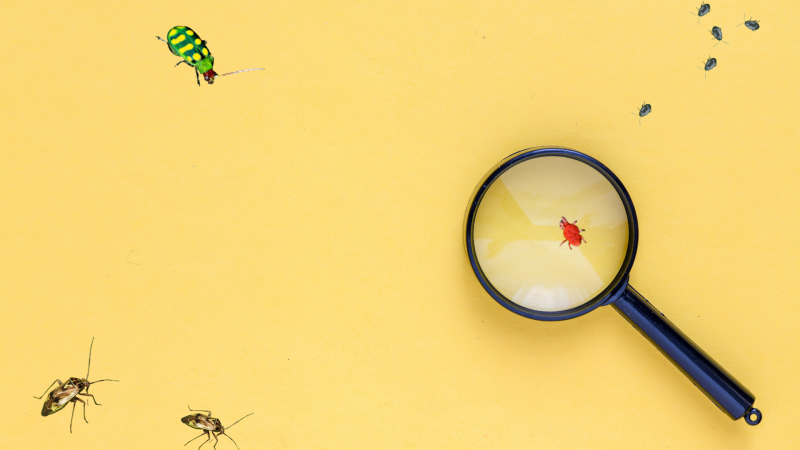
Priority pest review for vegetables - Sept 2023
PDF, 602 KB.
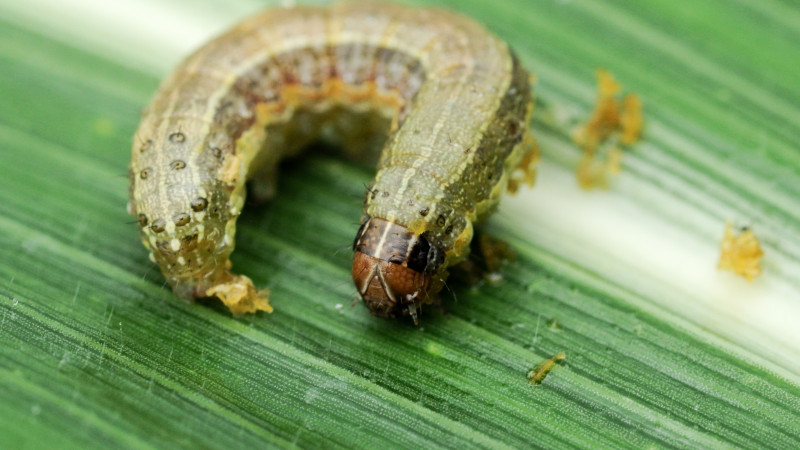
Fall Armyworm
PDF, 137 KB.
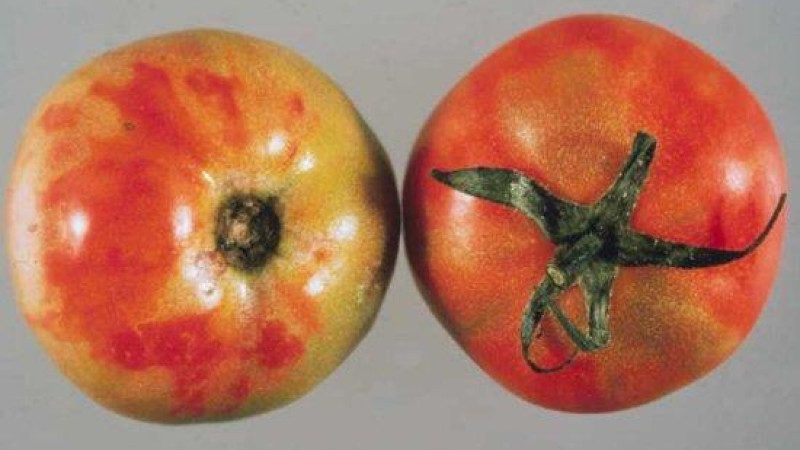
Pepino Mosaic Virus (PepMV)
PDF, 145 KB.
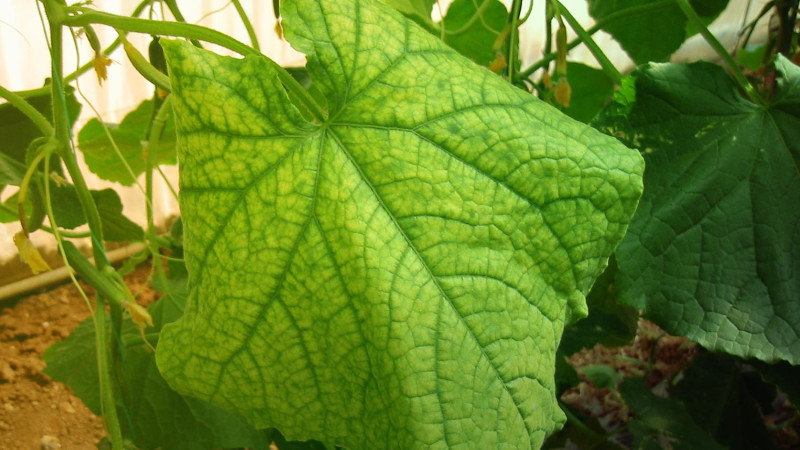
Cucurbit Yellow Stunting Disorder Virus (CYSDV)
PDF, 110 KB.
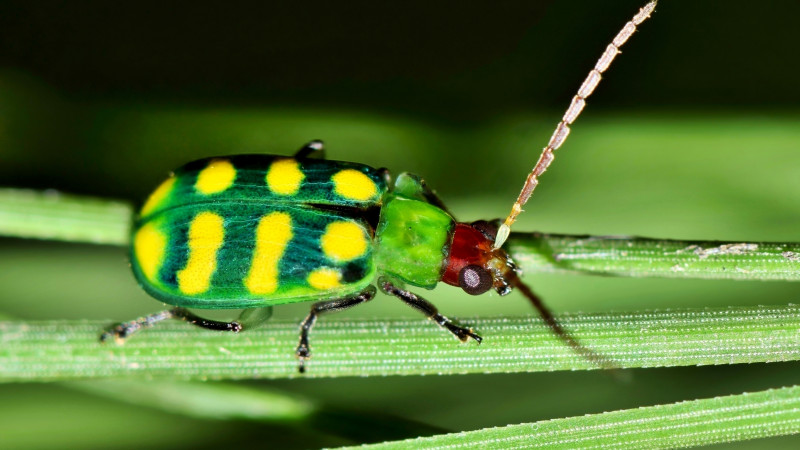
Banded Cucumber Beetle
PDF, 121 KB.
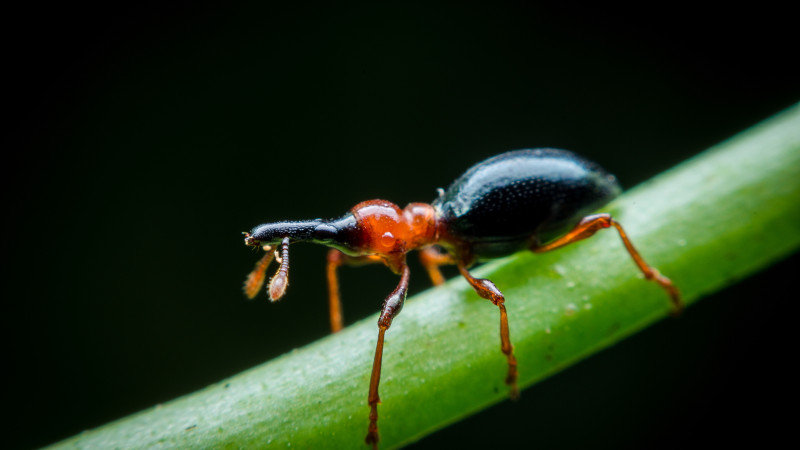
Sweet Potato Weevil
PDF, 130 KB.
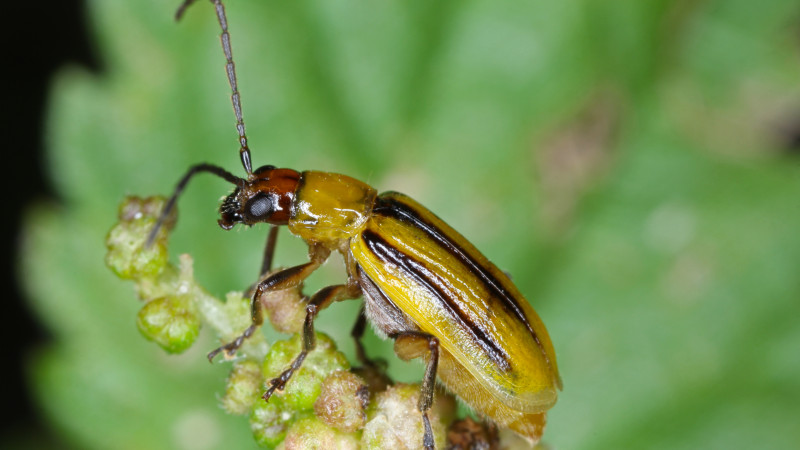
Western Corn Rootworm
PDF, 125 KB.
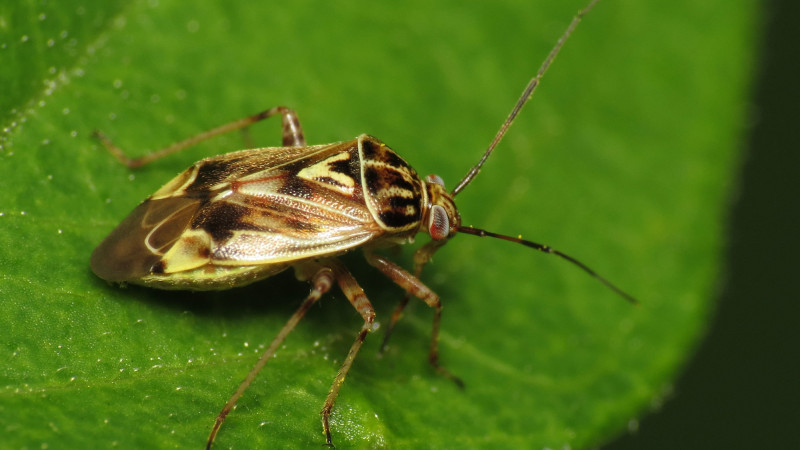
Tarnished Plant Bug
PDF, 106 KB.
Cucumber Green Mottle Mosaic Virus (CGMMV)
PDF, 161 KB.
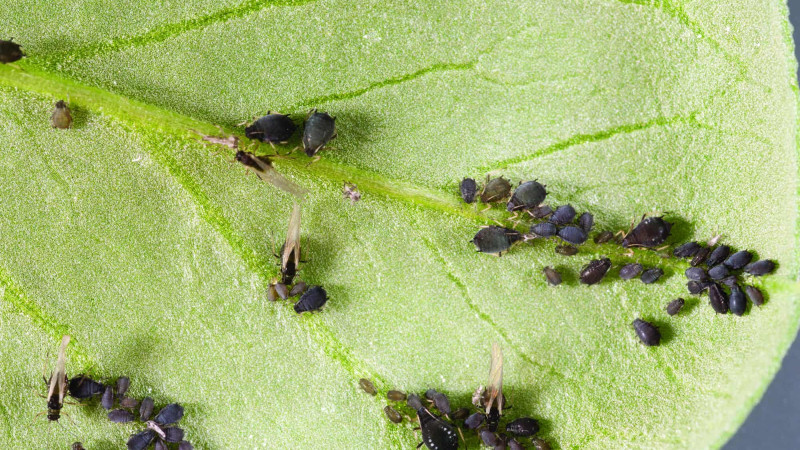
Black Bean Aphid
PDF, 134 KB.
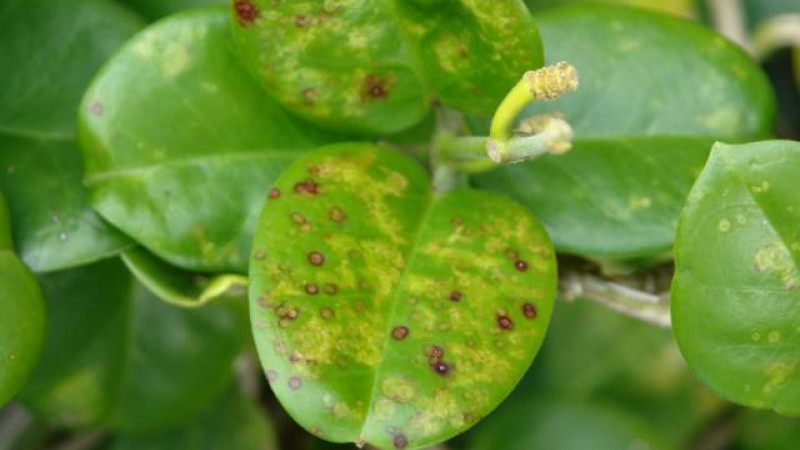
Capsicum Chlorosis Virus (CaCV)
PDF, 106 KB.
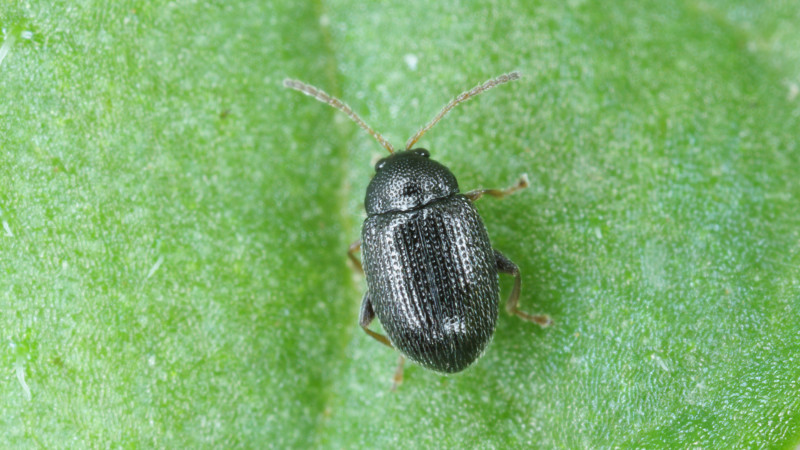
Flea Beetles
PDF, 107 KB.
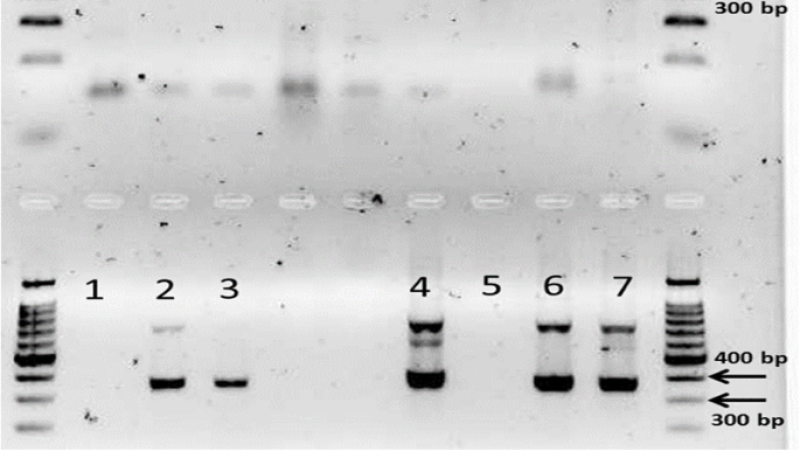
Viroids
PDF, 156 KB.
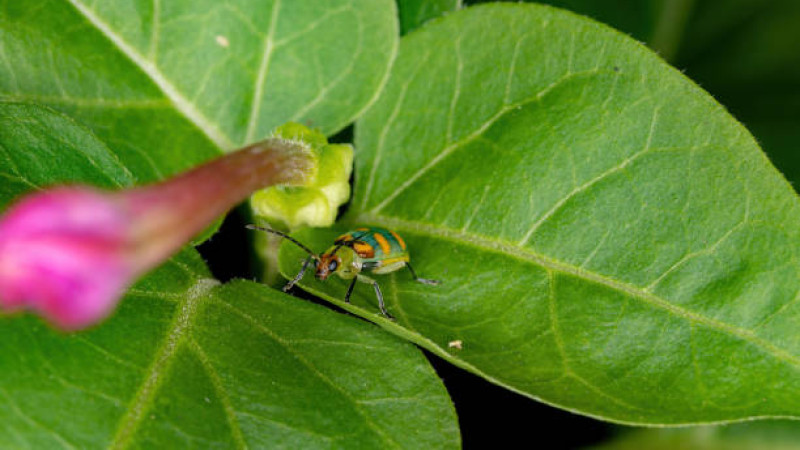
Cucurbit Beetle
PDF, 124 KB.
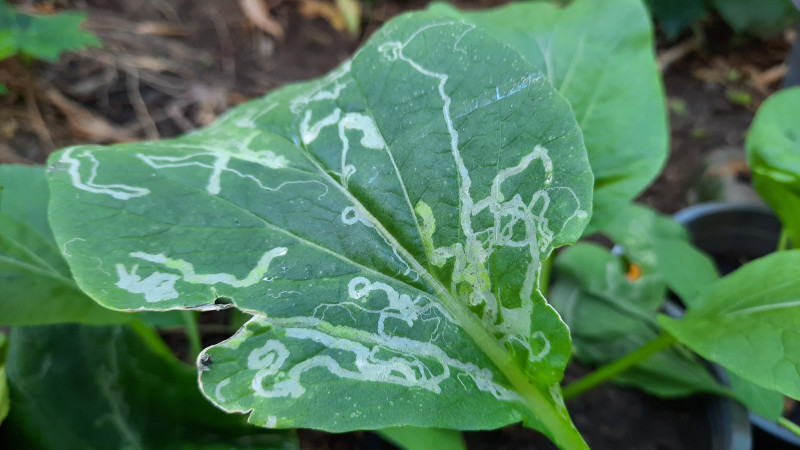
Vegetable Leaf Miners
PDF, 152 KB.
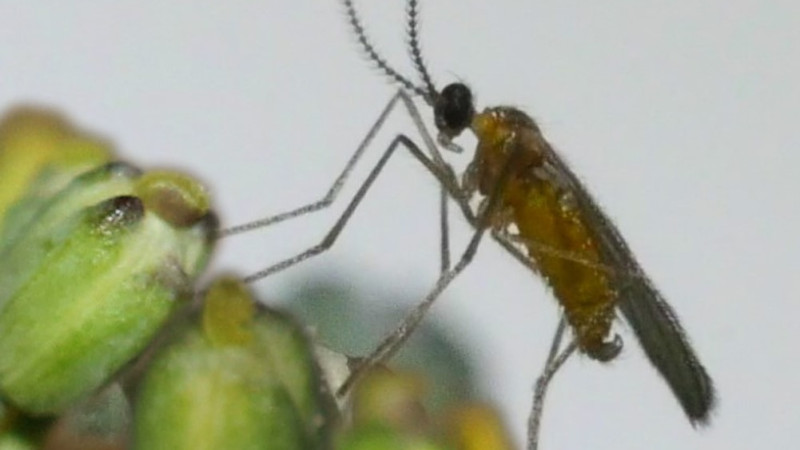
Swede Midge
PDF, 124 KB.
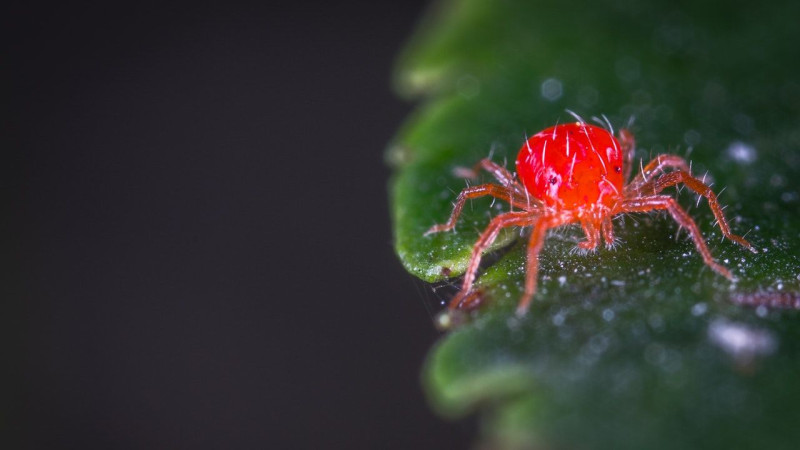
Red Spider Mite
PDF, 122 KB.
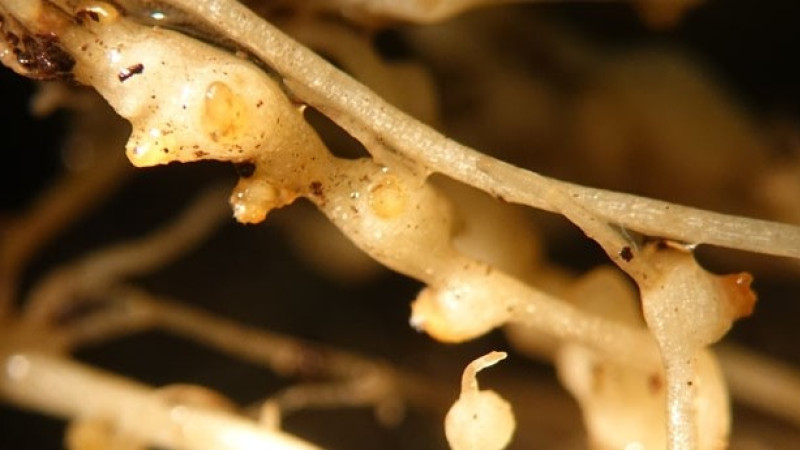
Root Knot Nemotode
PDF, 153 KB.
Biosecurity resources
The following information has been collated as a resource for reference, training or display when considering the biosecurity practices to implement.

Visitor sign
PDF, 170 KB.

Boot wash procedure
PDF, 155 KB.
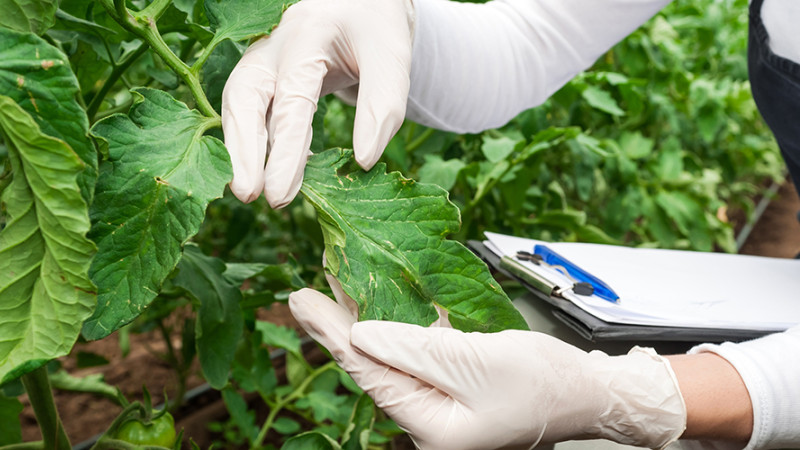
Pest, disease and weed monitoring
PDF, 115 KB.
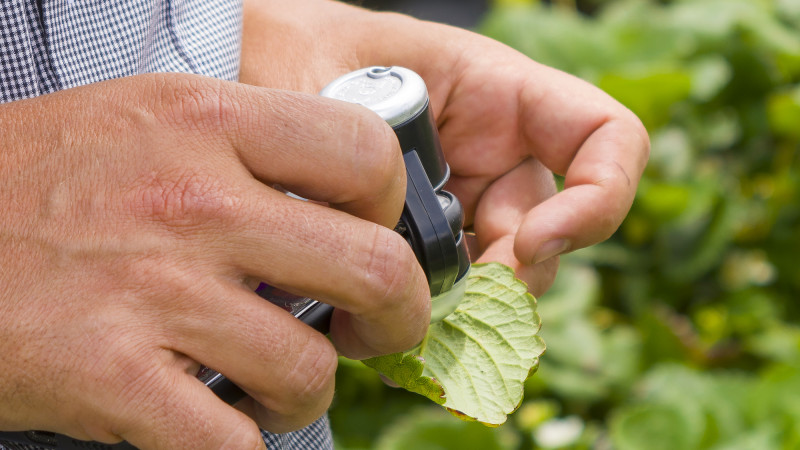
Pest, disease and weed surveillance
PPTX, 143 KB.
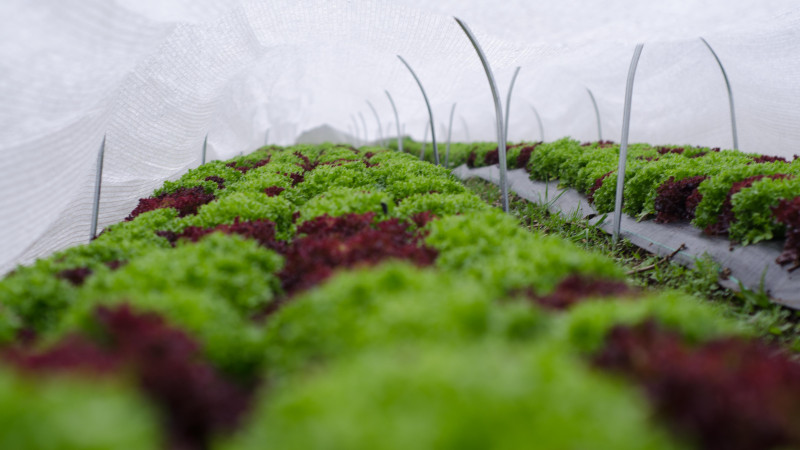
Undercover biosecurity
PDF, 349 KB.
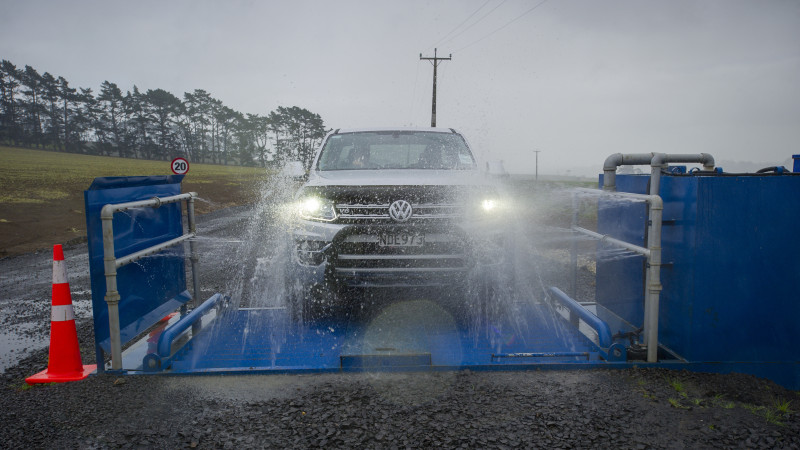
On-farm vehicle and machinery cleaning
PDF, 281 KB.

Farm biosecurity best practice checklist
PDF, 319 KB.
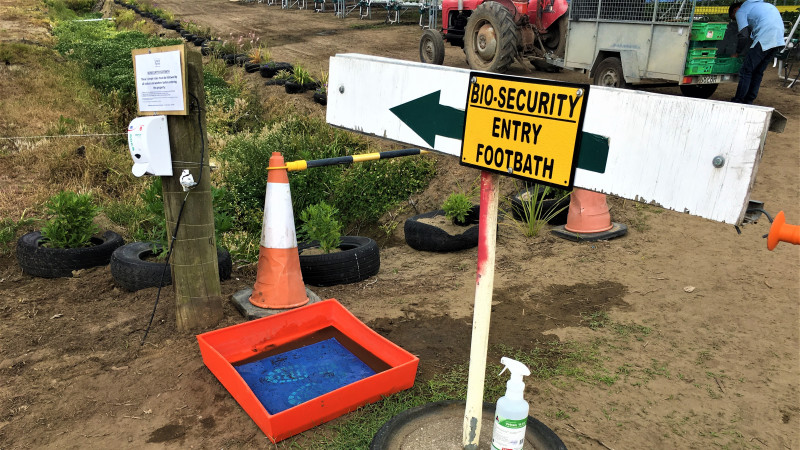
On-farm biosecurity
PDF, 407 KB.
